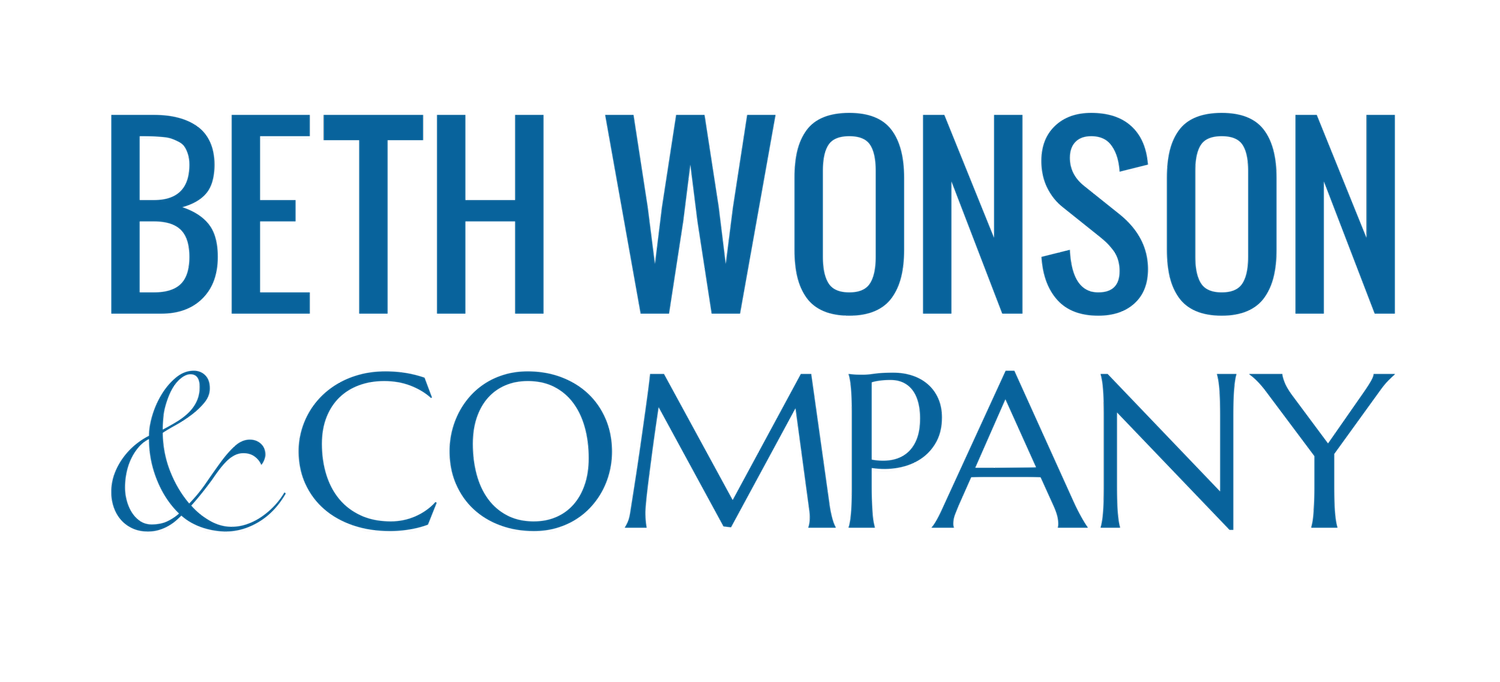Framework for Answering Unanswerable Questions
This week I’m giving you an invaluable tool which you can apply at work or in your homelife, regardless of your position or role.
There are going to be times when you are faced with answering an unanswerable question. Maybe it is from one of your children, or a friend, a co-worker, a boss, or a direct report.
It isn’t important where the question comes from because this Navigating Challenging Dialogue® tool applies to any situation where you are faced with providing answers to a situation or question that you aren’t ready or equipped to answer.
Maybe you, like me, remember when there was such a thing as leather-bound encyclopedias. Often known as the “World Book of Knowledge Encyclopedias”. My parents bought 1 volume per week until we had all 26, A-Z, displayed on our bookshelf. This set became my primary reference library for every report, homework assignment, or inquiry I had about the world for most of my elementary school years.
Imagine if in today’s world, someone decided to capture all there is to know about history, geography, science, and nature in one edition of 26 books. By the time the rough draft of the first chapter was written, it would have to be updated because the speed at which information and what we know change is mind boggling. In today’s world, these books are no longer current because whatever we thought was a fact in one moment, might no longer be true in the next moment.
The challenge with this is that, especially when you are in a position of authority (leader, manager, supervisor, trusted colleague, parent, etc.), people depend on you to have answers to their questions. And when you answer unanswerable questions as if you are an expert, and those answers change and shift as frequently as they often need to do, people begin to question if you are trustworthy.
None of us can possibly have answers to every question put forward, and yet we want to be able to answer every question. Even though some questions are frankly, unanswerable.
The NCD Framework for Answering Unanswerable Questions
I created a tool to help you be prepared to take on unanswerable questions in a way that:
Helps people feel seen and heard.
Clarifies the difference between what is fact and what is not yet known.
Empowers you to answer unanswerable questions confidently.
Reduces the drama and chaos of mixed messages.
Builds trust.
Keeps you in integrity.
Get Started with the Worksheet
This framework can be used when you have to address a group or an individual on a topic that is difficult and you don’t yet have all the information about. Or at times when you may have information but it is neither appropriate nor ready to be shared.
After you practice using this worksheet to frame answering unanswerable questions a few times, it will become second nature to you. When you feel yourself put on the spot, you will quickly be able to refer to the worksheet questions in your head and organize your answer using the three categories:
This is what I know.
This is what I don’t know.
This is what I cannot (yet) talk about.
Download the worksheet here.
Have a Question? Let’s Talk Today
You may be facing a challenge or weighing an action and aren’t sure where to start, or what a solution even looks like. Contact Beth today! It’s 100% confidential so you can freely discuss the challenges you’re facing and unlock a path forward. Or Get Started with our resources library and books.
